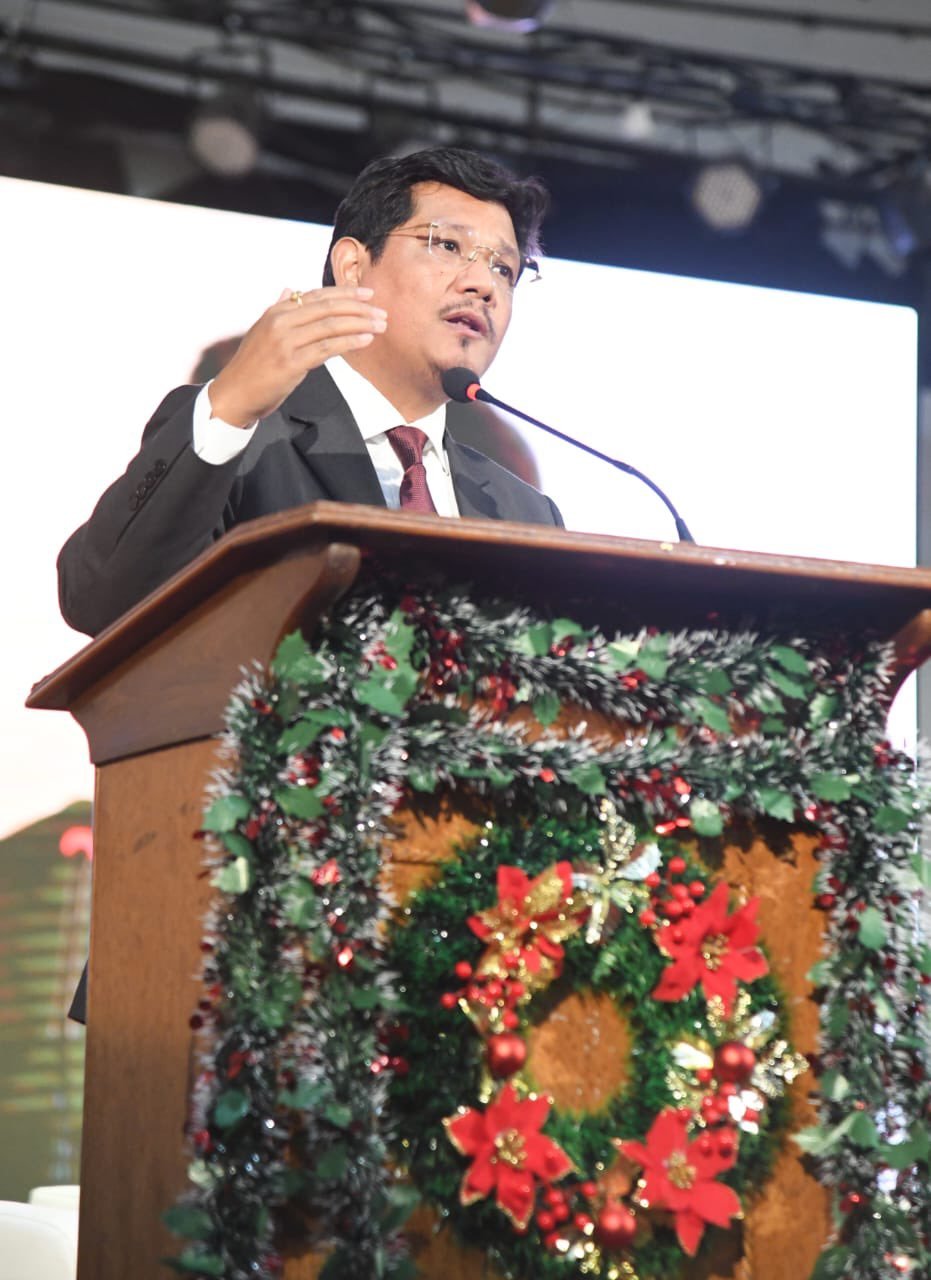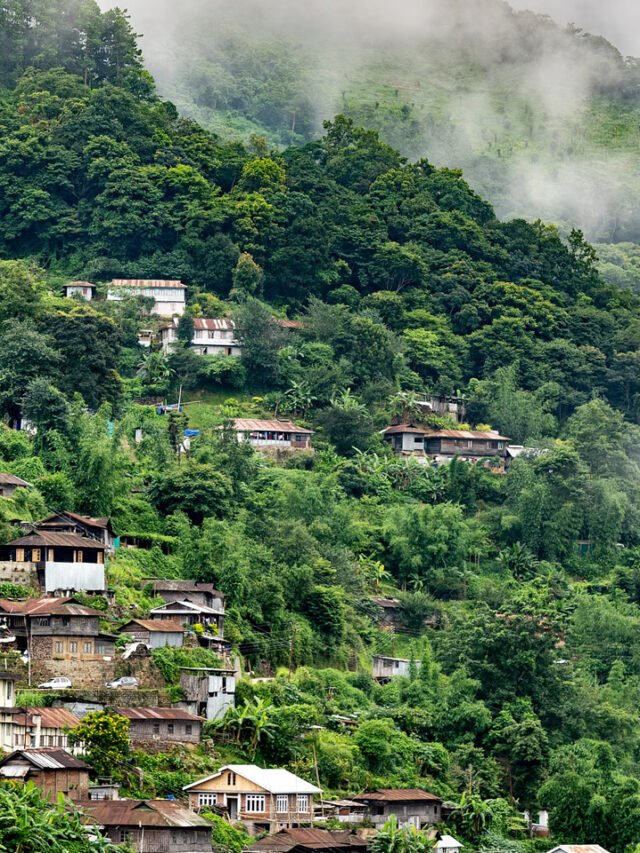SHILLONG, Nov 15: All vehicles entering Meghalaya will be subjected to go through a scanning machine as the state intensifies its fight against the drug trafficking.
Informing this after a state level meeting of the Drug Reduction Elimination & Action Mission (DREAM) on Friday, minister in-charge social welfare, Paul Lyngdoh announced the government’s decision to install vehicle scanning machines at Ri Bhoi and East Jaintia Hills districts, which are two entry points to the state of Meghalaya within the next six months.
“We discussed the need to install scanning vehicles at the entry points to the state of Meghalaya meaning from Ri Bhoi and East Jaintia Hills districts. So, one such vehicle will be installed within the next 6 months. The installation also requires trained manpower to handle equipment and to immediately detect any suspicious movement,” he said.
The minister said, “These scanning machines will be installed at all entry points to check all vehicles. All vehicles will go through the screening (machines).”
Lyngdoh also informed that the meeting has also resolved to further strengthen the anti-narcotic task force (ANTF) for tackling the drug trafficking in the state.
“We have asked the DG to make a proposal of the required manpower that can be dedicated to the ANTF in order to further enhance our efforts to tackling drugs effectively,” he said while adding, “Drug trafficking, which is a major threat to the state of Meghalaya in view of our proximity to the main drug market, which is in Myanmar and also the fact that the state has a long transit route, which passes right from Ri Bhoi district up to East Jaintia Hills district.”
“We discussed the strategy and action plan. However, some of the points of the action plan cannot be shared publicly because that will compromise on confidentiality and therefore, the capacity of us to effectively curb and eradicate drug trafficking,” he added.
Further, the Social Welfare minister said that the Meghalaya Police Act, 2010 will be suitably amended to facilitate creation of improved facilities for volunteers, who are part of the village defence parties (VDPs).
“The number of VDP volunteers has also been fixed as 15 per party so as to ensure that in areas where population is less, we will be able to meet the required number,” he said while informing that the steps are also taken to increase the remuneration for VDP volunteers.
On the setting up of fast track courts, Lyngdoh said, “We also have decided that there is this general complaint about cases taking very long and prosecution taking a toll on the complainants and witnesses so the state government would formally write through the chief minister and also discussed with our chief justice of the high court in order to facilitate the creation of a fast-track court, which will trial cases on a day-to-day basis.”
On the demands put forth by a particular organisation, the social welfare minister however said that the government will do its duty, but it will not work under duress.
“It is not the concern of just one organisation. We are committed to eradicating narcotics and drugs in the state of Meghalaya. We know our duty and responsibility. We will not work on duress. This is an elected government that has a commitment and an agenda. We do not work just because somebody has or is pushing us with their points,” he said.
“We appreciate all suggestions, but we will work as I reiterate; we will not work under duress. In fact, HYC was part of a meeting held yesterday at the instance of the mission director of the DREAM project,” he added.
Lyngdoh also admitted the importance of sharing of information with the other NE states and said, “The DG has been asked to initiate action in that regard.”
The minister informed, “We have tasked the mission director with collection of updated information. And in fact, this is an ongoing process. We have to keep updating but the fact that there has been more instances of seizures of drugs and arrests of suspected persons means that we have intensified our efforts on the ground.”
Emphasizing the need to end the drug supply chain, Lyngdoh said, “We are ready to support the setting up of rehabilitation centres (provided land is being provided). However, we have to end the supply chain. Unless we go to the root of the problem, which is how do we make sure that the supply chain is cut, then we will only have more and more rehab centres and there will be more and more drug users. Then we will reach a point where there will not be sufficient space for drug users because everyone has become an addict. Therefore, the strategy now is that while we offer those services of rehabilitation and deaddiction, we will have to concentrate more on policing”. (NNN)












